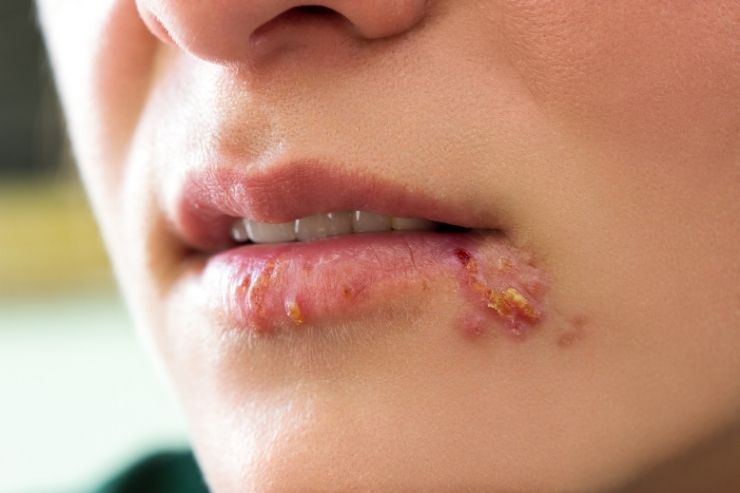
Cold sores, also known as fever blisters, are small, fluid-filled blisters that typically appear on or around the lips. They are caused by the herpes simplex virus (HSV), and while they are generally harmless, they can be painful and inconvenient. At PARI HOSPITAL, our dermatology experts are skilled in diagnosing and treating cold sores to help you manage outbreaks and reduce discomfort.
What Causes Cold Sores?
Cold sores are primarily caused by the herpes simplex virus, which has two main types:
Herpes Simplex Virus Type 1 (HSV-1): This is the most common cause of cold sores. It is typically transmitted through close personal contact, such as kissing or sharing utensils, with someone who has an active outbreak.
Herpes Simplex Virus Type 2 (HSV-2): Although HSV-2 is more commonly associated with genital herpes, it can also cause cold sores through oral-genital contact.
Once a person is infected with HSV, the virus remains in the body and can become reactivated, leading to recurrent cold sores.
Symptoms of Cold Sores
Cold sores usually appear as small, fluid-filled blisters on or around the lips. The symptoms typically progress through several stages:
Tingling or Itching: Often, a cold sore starts with a tingling, itching, or burning sensation around the lips or mouth area.
Blister Formation: Small, fluid-filled blisters develop, usually in clusters, and may appear on or near the lips.
Ulceration: The blisters eventually break open, leaving painful sores that may crust over and form scabs.
Healing: The sores gradually heal over a period of 1 to 2 weeks, with the scabs eventually falling off.
Additional symptoms may include swollen lymph nodes and mild fever, particularly during the first outbreak.
Treatment Options for Cold Sores
While there is no cure for herpes simplex virus, various treatments can help manage symptoms and reduce the frequency of outbreaks:
Antiviral Medications: Prescription antiviral creams or oral medications, such as acyclovir, valacyclovir, or famciclovir, can help speed up healing, reduce the severity of symptoms, and decrease the frequency of outbreaks.
Topical Treatments: Over-the-counter creams and ointments containing docosanol or benzyl alcohol can help soothe the affected area and reduce discomfort.
Pain Relief: Over-the-counter pain relievers, such as acetaminophen or ibuprofen, can help alleviate pain and reduce fever.
Cold Compresses: Applying a cold, damp cloth to the affected area can help reduce swelling and provide temporary relief from discomfort.
Avoiding Triggers: Identifying and avoiding triggers such as excessive sun exposure, stress, or certain foods can help minimize the frequency of outbreaks.
Preventing Cold Sores
Preventing the spread of the herpes simplex virus and minimizing the risk of outbreaks involves:
Avoiding Close Contact: Avoid kissing or sharing utensils, towels, or other personal items with someone who has an active cold sore.
Good Hygiene: Wash your hands frequently, especially after touching your face or affected areas, to prevent spreading the virus to other parts of your body or to others.
Using Sunscreen: Protect your lips from sun exposure by applying lip balm with SPF, as sunburn can trigger outbreaks.
Managing Stress: Since stress can trigger outbreaks, practicing stress-reducing techniques such as meditation, exercise, or relaxation exercises can be beneficial.
Avoiding Triggers: Pay attention to personal triggers such as certain foods or illnesses, and take preventive measures when you recognize the onset of symptoms.